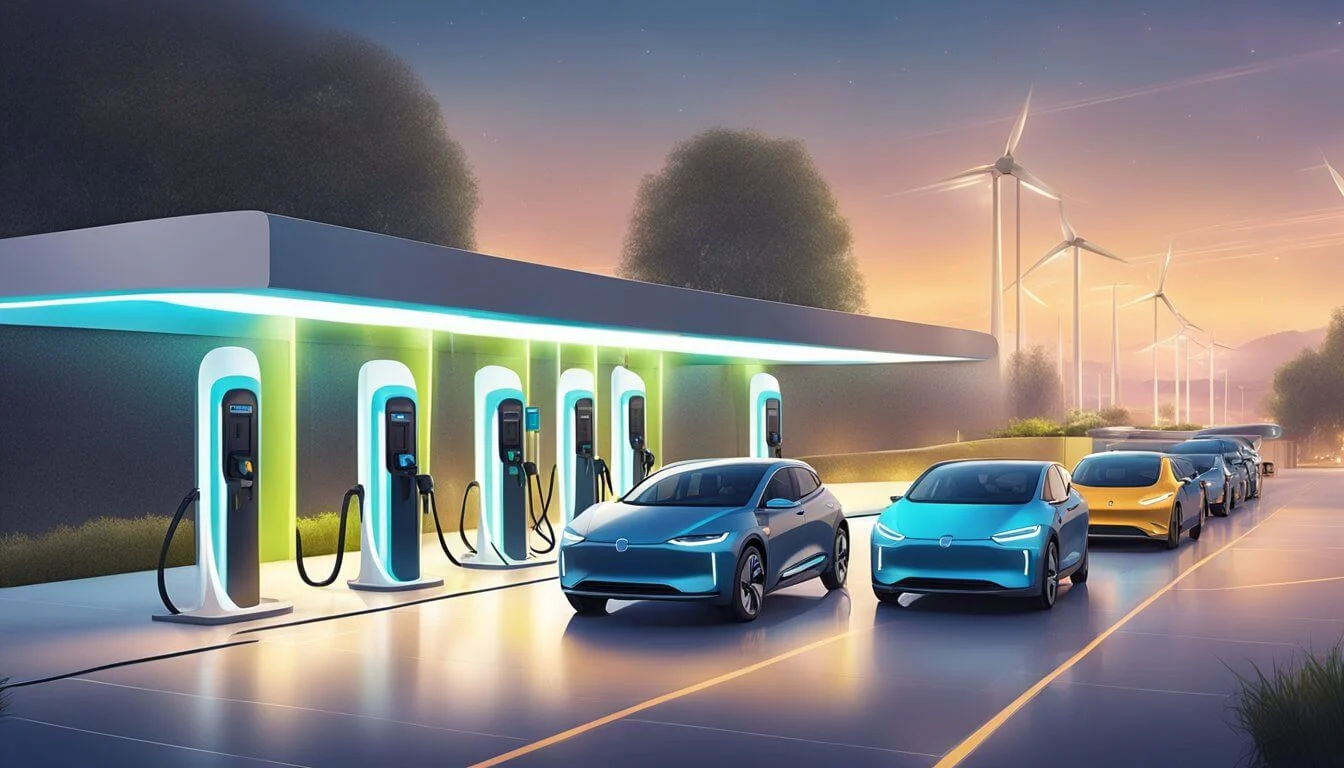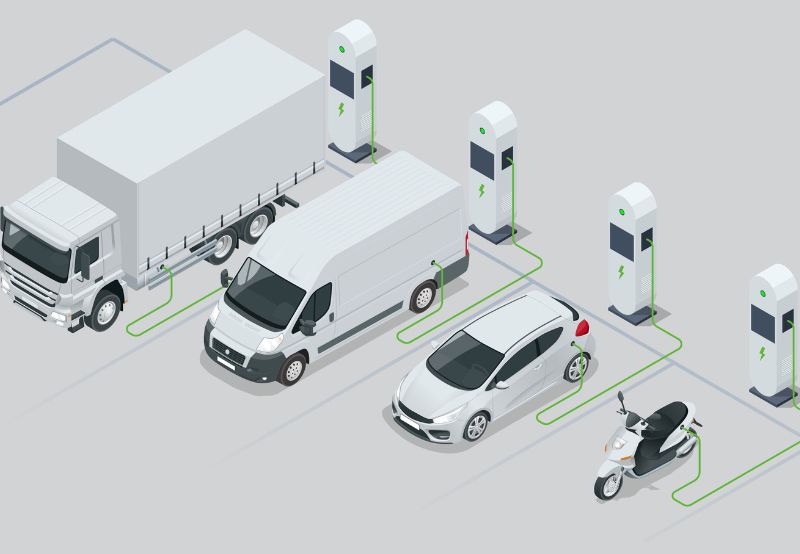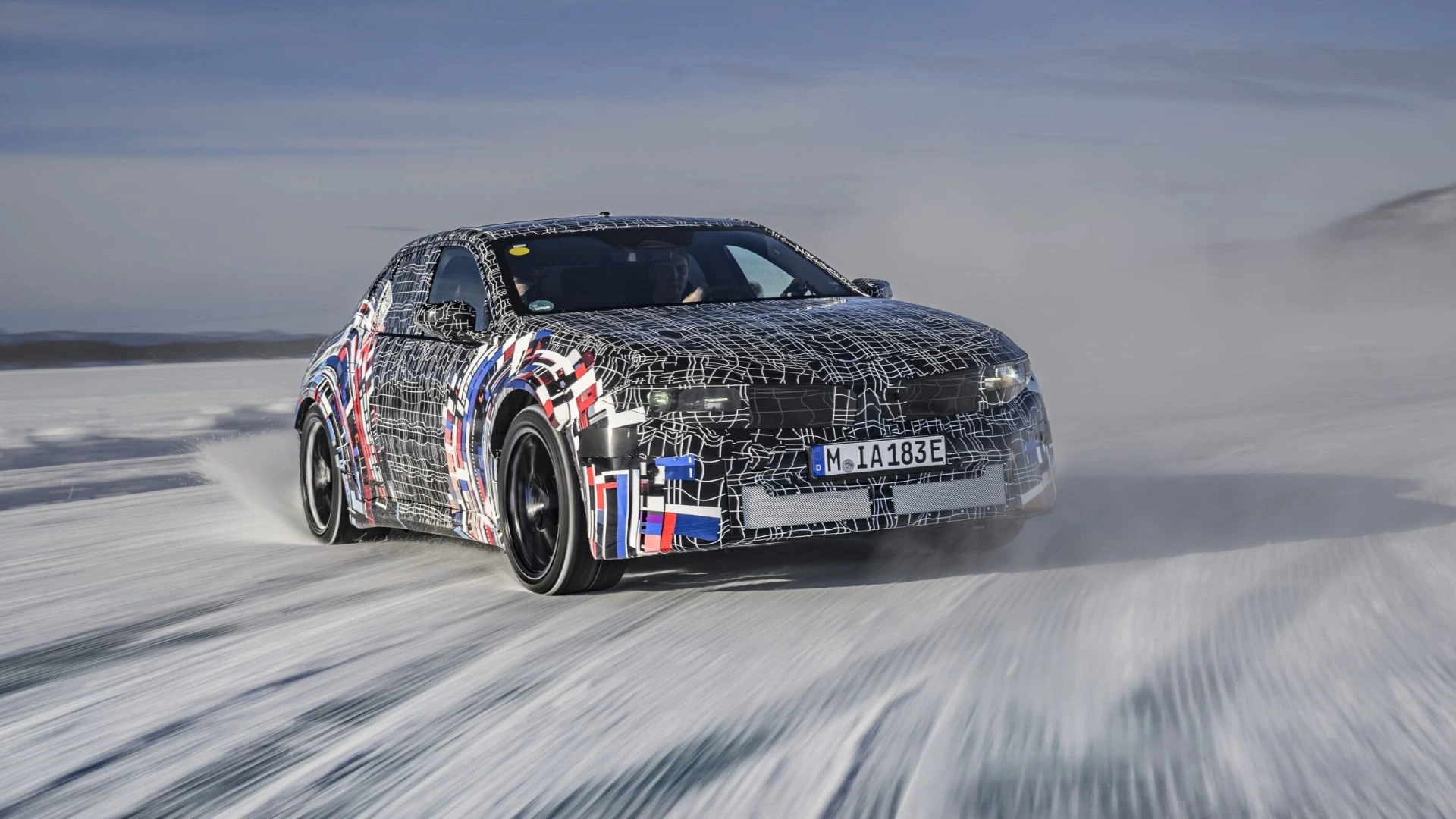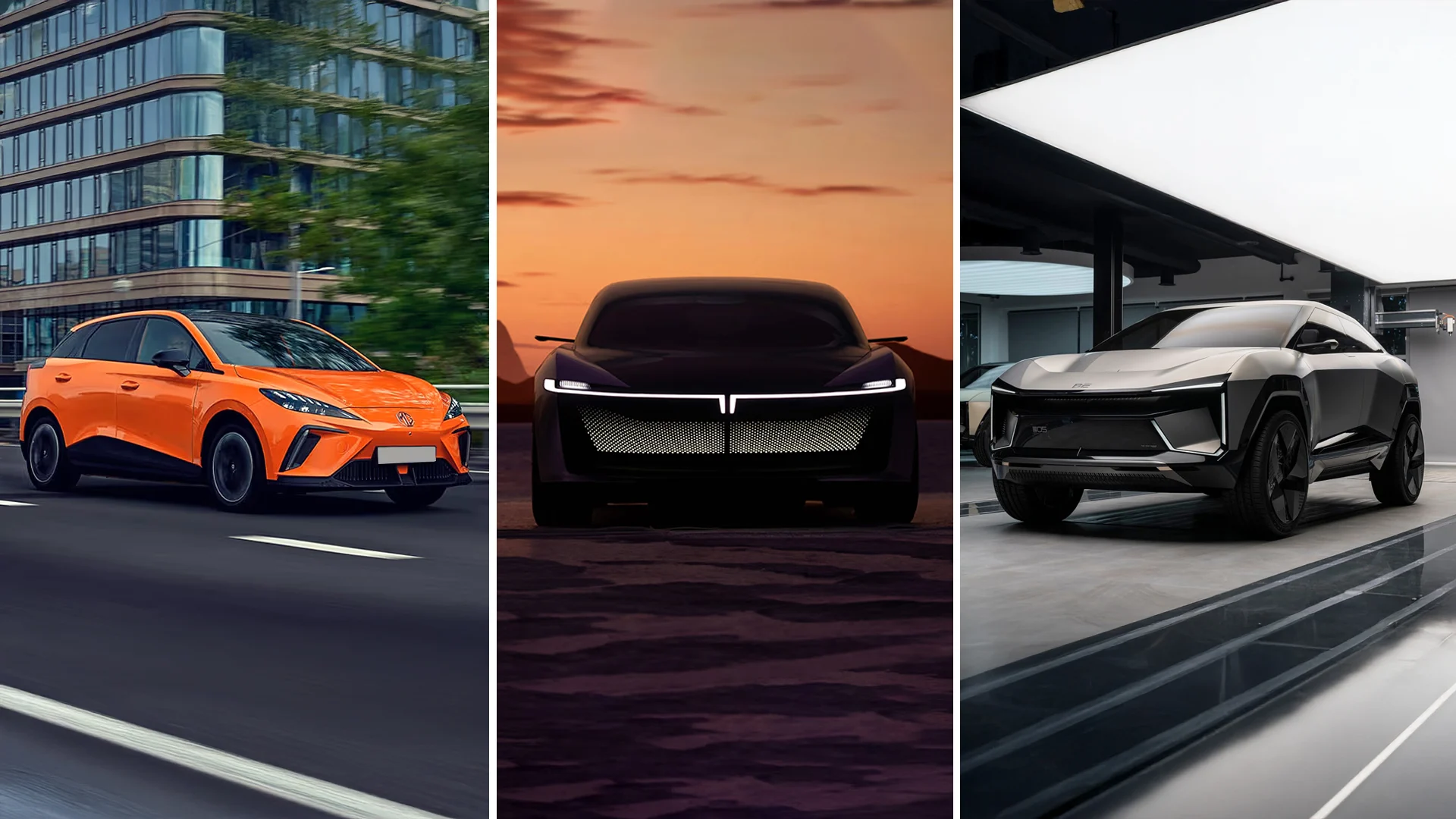
Table of Content
▼A hot new story in EV circles, especially among those who always wish the EV transition would fail, is that used EVs aren't selling particularly well. There are many things being said about this question, some of which make sense and some of which don't.
First, let's nail down the actual problems. One problem is that used electric cars are depreciating more than used non-electric (gas) cars in the US. Another problem is that in Germany, electric cars out of lease are sitting unsold for longer than usual, and more and more are sitting for 90+ days, making them "risk stock". This case is also mentioned in the US, but it is misleading here, as used EVs only sit in lots for 3 days, the US average.

I'm not saying everything is rosy and perfect, but some nuances need to be discussed.
According to sales data from iSeeCars.com, prices of used electric vehicles (EVs) in the US dropped by approximately 33% in the year leading up to October, whereas the overall used vehicle market only saw a 5% decrease, Bloomberg reports. The majority of electric vehicles sold in the US are made by Tesla. The EV tax credit of $7,500 was gradually eliminated for Tesla cars a couple of years ago. The Biden administration and Democrats brought it back when they were in control of Congress, but new policies take time to put into action and Tesla only got the tax credit back in early 2023. When a new Tesla becomes eligible for a $7,500 tax credit, it is expected that the value of used Teslas, which do not qualify for such credits, will decrease to align with the discount. Just $7,500 represents 15% of a total of $50,000. The Chevy Bolt, along with other GM electric vehicles, saw their tax credits reinstated, making them top players in the US electric car market once again.
Again, with Tesla such a big part of the US EV market, one really has to consider what's going on with Tesla, and the company has cut prices tremendously this year. One possible reason for this is that although demand for the company's vehicles has grown strongly for years, Tesla has ramped up production capacity even faster, and there may be less demand for new Teslas these days than the company expected, leading to the cut of more prices. and more to sell all the vehicles it produces. Tesla is still seeing significant sales growth, but without traditional advertising, the main method to stimulate more sales has been to lower prices. This causes the value of used Teslas to drop significantly as well.
Overall, the rise of electric cars and the craziness of the COVID market have combined with some strange trends. When inventory was still very limited and people were coming out of the COVID lockdown and looking to buy new cars, there was a huge gap in EV demand/supply. Consequently, the prices were extremely elevated and dealers were infamous for tacking on substantial markups to EVs. After production increased and supply and demand balanced, prices returned to a more typical level. Yet, this once more results in a significant price difference within a year.
Then again, yes, there are issues with used electric cars that make the used electric car market a tough one. The vast majority of electric cars on the road today were manufactured in the last 10 years, or even in the last 5 years. In fact, there are almost no electric cars that have been produced for more than a decade. Without more history than that, we don't really know how used EVs will perform in another 5, 10 or 15 years. Many people are especially worried about batteries because they think that if they buy a used electric car, the battery will die soon and they will be in big trouble. I think there's a lot of evidence to suggest that this shouldn't be a common problem, at least for anything but old Nissan LEAFs, but it's not an easy concern to dispel and resolve. Additionally, concerning Tesla, the company has a reputation for having reliability problems and is relatively new in the industry. There may be hesitations among individuals when it comes to purchasing pre-owned items without a guarantee. Gosh, I might
And then there's the fact that electric vehicle technology is advancing quite quickly, battery costs are dropping every year, and companies are making better and better electric cars. Since this is pretty well known, it's no surprise that many electric car buyers want to wait… for the next generation. This will certainly affect new car buyers, but it may affect used car buyers even more. After all, they can see the brand new models in detail, and if they wait, it may seem like a good idea to skip the current crop of used electric cars and plan for the harvest from the next one.

There are a lot of things wrong with the EV market, and those are the used car trends. Most often I find that EV haters claim that people just don't want EVs. It's bull There are also arguments suggesting that purchasers of pre-owned vehicles cannot financially support purchasing electric vehicles and embracing the electric vehicle lifestyle. This doesn't make much sense, given that electric cars are typically much cheaper to run and maintain. It is undoubtedly true that charging electric cars can be difficult for those who do not have access to charging at home or at least at work. However, there are plenty of used car buyers who have home charging and/or work charging stations. With the amount of EVs in the used car market right now, this shouldn't be a notable issue.
There must be other issues at play. Subsidies for electric vehicles are constantly changing in various European countries, which, like the American market, changes the demand and the reasonable price of used electric vehicles. The model range is constantly expanding. There are broader economic issues that could depress used car sales. And there are unknown unknowns that could affect the market.
All in all, big transitions also come with challenges. Things change quickly, with booms and busts and more booms and busts. It is rather difficult to predict short- and medium-term trends, and various unforeseeable branches may appear. Electric cars account for approximately 7.5% of new car sales in the United States, and 16% in Europe. We are at the beginning of the steep part of the acceptance curve when we experience the typical S-curve of new technology adoption. How that plays out this year and next could be very different, not to mention the year after that and the decade after that. We'll see what happens.
Until then, it might be a good time to buy a used electric car. Think about it if you are looking for a used car!
Also Read: Hyundai Inster (Casper EV) Unveiled; Gets 49 kWh Battery, Up To 355 KM Range
_1770886465.webp)




